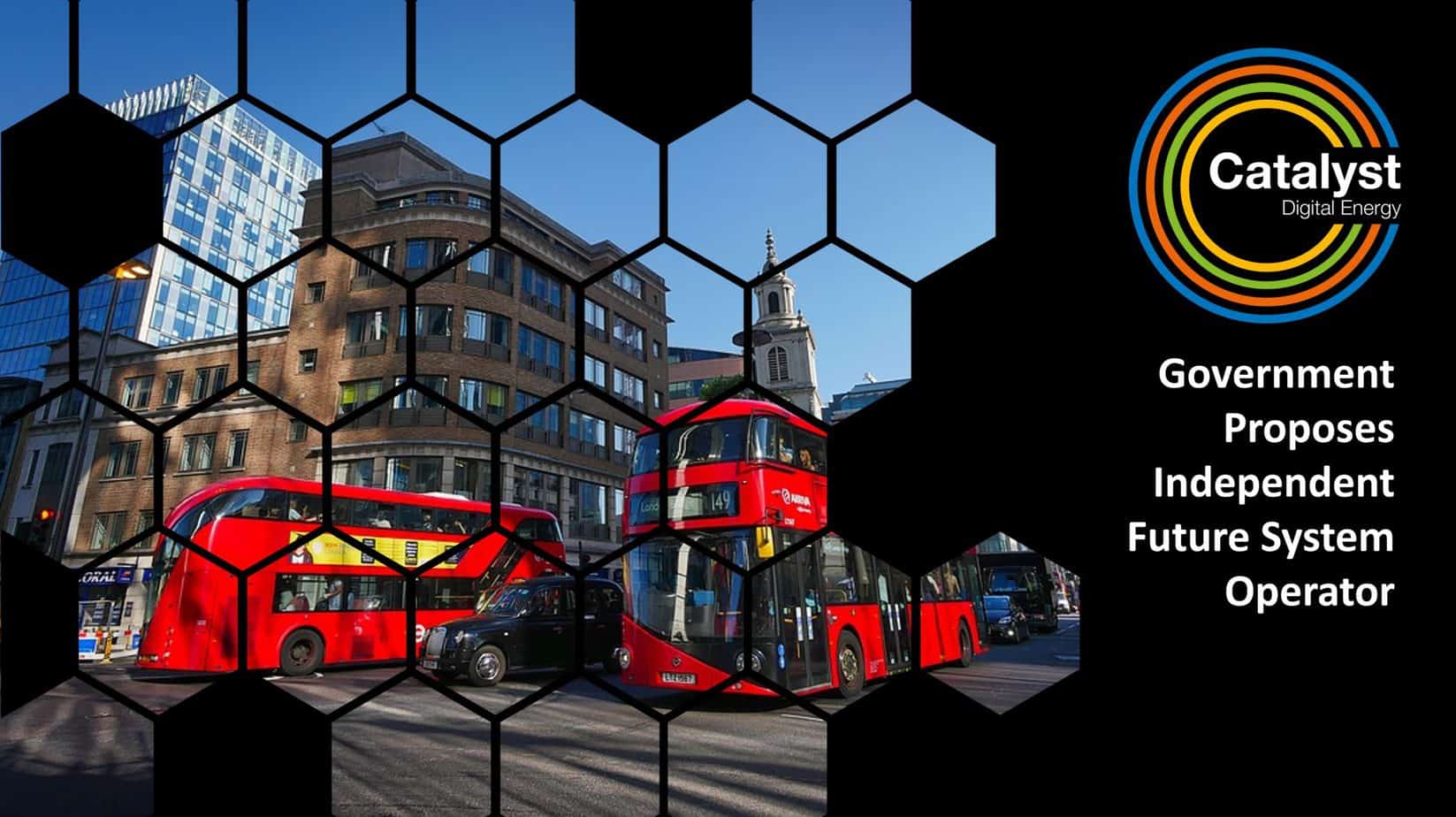Future System Operator - Government Proposes IndependentBEIS and Ofgem are consulting on proposals for a Future System Operator (FSO) fully independent from National Grid.

New Future System Operator Proposed
Citing potential conflict of interest issues, the Department for Business, Energy and Industrial Strategy (BEIS) and Ofgem are consulting on proposals for a Future System Operator (FSO) fully independent from National Grid.
The proposals follow on from the regulator’s Review of GB Energy System Operation which was published in January this year and concluded that there is a strong case for a fully independent system operator.
In the FSO consultation, published on 20 July, BEIS highlights the gas and electricity operator roles are currently part of National Grid plc, which itself has significant commercial interests in the energy system.
BEIS also stresses that there is no evidence that this potential conflict of interest has been acted on. Rather than deliberate acts, BEIS/Ofgem see the following as potential consequences of this perceived conflict of interest:
> The system operators may choose not to engage in a topic, because they do not consider it would be appropriate for them to opine on area where they may be conflicted.
> The government, Ofgem or industry may replicate work undertaken by the system operators to verify that the information or advice they received was correct rather than potentially based on conflicts of interest.
> Industry parties may change their behaviour towards the system operators based on a perception of conflict of interests, for example not engaging in commercial negotiations to provide an investment due to a belief that the system operators will make decisions based on their own commercial interest rather than in a free and transparent manner.
The government and regulator are proposing for all current National Grid Electricity System Operator (ESO) functions to be carried out by this new FSO because of the synergies between balancing the electricity system and analysing its future needs.
They consider the synergy on the gas side to be weaker, with the potential cost and risk of separating real time operation from gas asset ownership to greater.
As such, the government is proposing that the FSO only take over responsibility for strategic network planning, long-term forecasting and market strategy, not real-time system operation. An alternative option where the FSO also takes over real-time operation functions is also put forward for comparison.
BEIS also puts forward two different ownership models for the FSO:
> A standalone privately owned model, independent of energy sector interests.
> A highly independent corporate body model classified within the public sector, but with operational independence from government.
BEIS identifies incentives as the main area where these models will differ. A privately owned FSO, if it is profit-making, would be incentivised through its profit to drive performance.
The non-private FSO would not be driven by shareholder or profit interest.
About Catalyst
Catalyst Digital Energy is an award-winning energy consultancy with a focus on digital energy services, total energy contract lifecycle management and energy management services. It is revolutionising how businesses manage energy with its unique Energy Spend Management Platform, which is powered by Robotic Process Automation (RPA) EaaSi®.
Catalyst is digitising all aspects of energy, including billing, data, consumption, spend, payments, procurement and emissions reporting. When combined with its fully funded renewable energy solutions, Catalyst offers a unique and powerful approach to managing energy.
